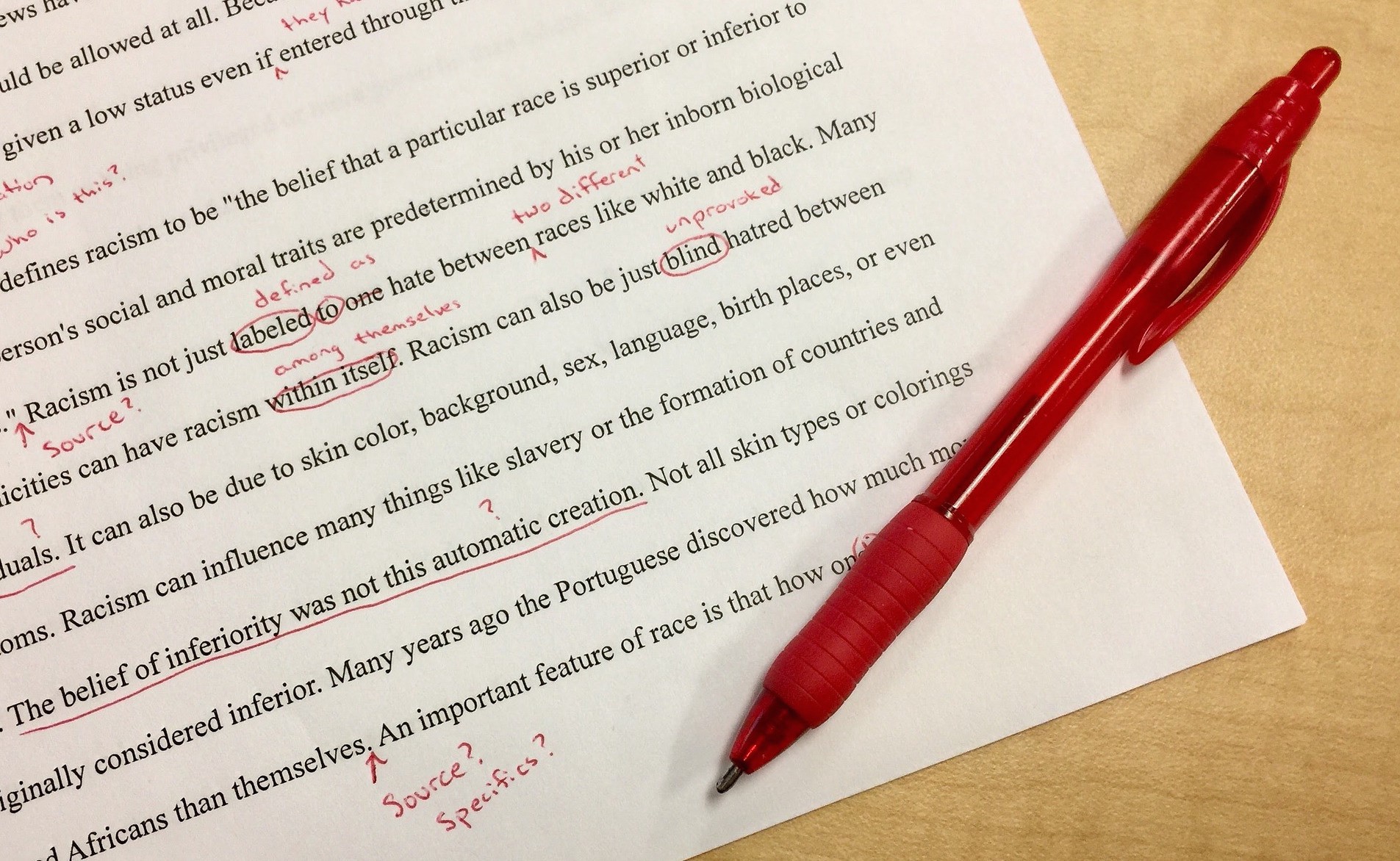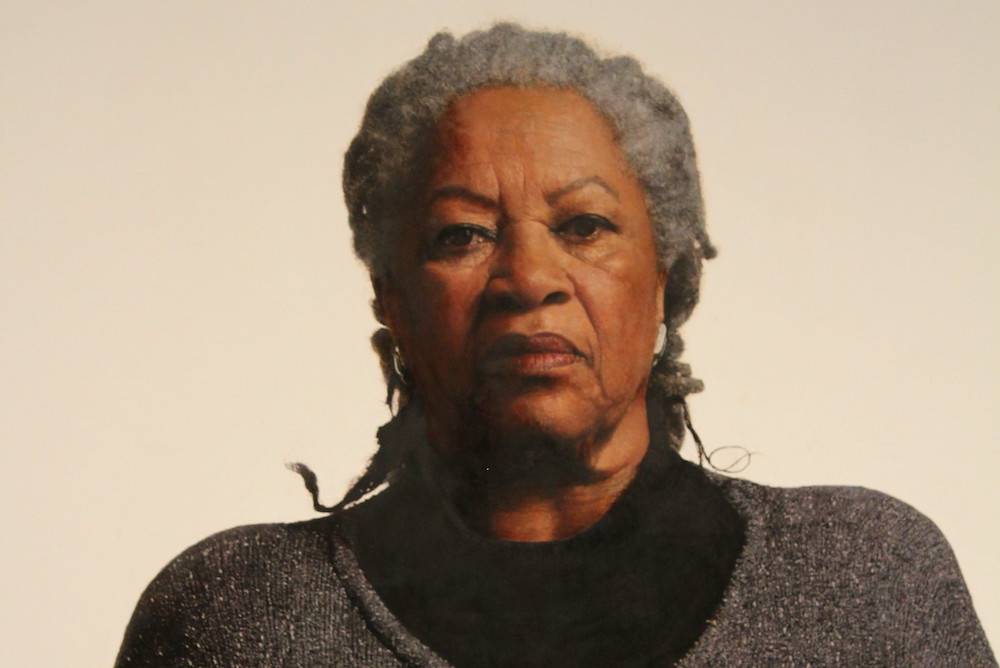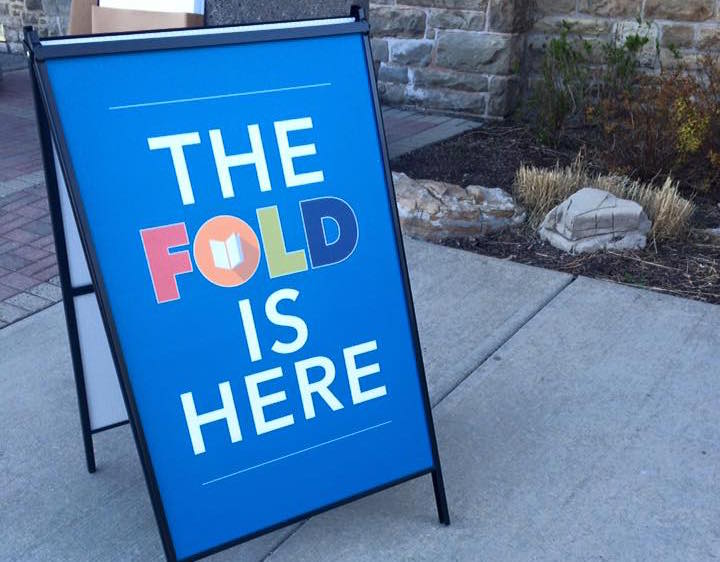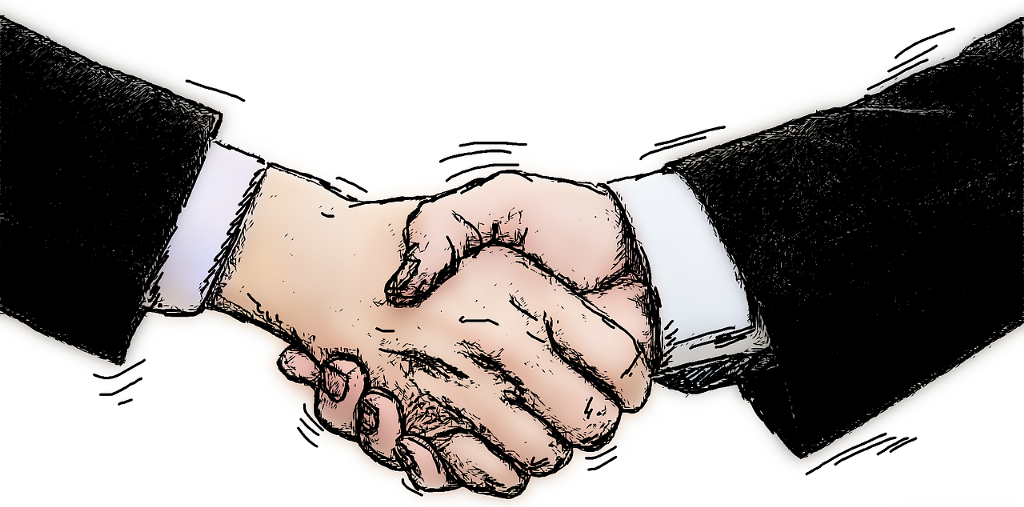essays
When It Comes to Inclusivity in Publishing, Editors Also Play a Role
Authors aren’t the only ones responsible for fixing—or scrapping—a troubled book

The saying “it takes a village” may sound hokey but it applies to publishing. I’ve played many roles myself: I’m a writer. I am also a freelance editor and do authenticity reads (also known as sensitivity reads). By profession I’m a production editor (aka managing editor), technically one of the last lines of defense as a book becomes a finished product you find on a shelf. We’re responsible for consistency, clarity, error checks, and making people in-house as well as out-of-house happy, but we’re only one of the cogs in a machine that has input on a book’s content, presentation, and promotion. Prior to the manuscript hitting my desk it goes through the agent, the acquiring editor, the editorial assistant, possibly additional editors, beta readers, and authenticity readers (should the author choose to hire them). The book is then launched to marketing, publicity, and sales teams who attempt to sell it in many ways to many people before it’s a physical object. A book goes through many hands and is seen by many eyes before it hits the shelves.
And that means all those eyes that look at this book during the publishing process have a responsibility to speak up when said product is problematic, when the issues are glaring, when alarms have been signaled.
All those eyes that look at this book during the publishing process have a responsibility to speak up when said product is problematic.
The most recent dust-up over an ill-conceived book has people again asking the question: “Who can/should write what?” That is not the right question to ask. How about: What’s your reasoning and responsibility when choosing to write outside of your own experience? Craft does come into play, but skill is not enough. I agree with Brandon Taylor that empathy is a factor, too. To write a Black character as a white person is not the same as using the “we” narrative voice. To write a transgender character as a cisgender person is not the same as attempting to create a braided essay or tell a story nonlinearly. There are points of structure and personal bias that writers bring to their work. This is also inherent in how we read and critique work. Recognizing that we view certain groups under certain gazes can help editors offer feedback to better deconstruct what’s working and what isn’t, as well as why. We need to acknowledge that craft and empathy go hand in hand before attempting to martyr ourselves as victims of “mobs” when we’re not owning our own failures to spot the issues we’ve created and/or edited.
I’m learning my own lessons as an editor of a short story anthology. The contributors are amazing and ethnically representative; I am humbled and honored by those contributing to the anthology and am reminded of how varied and full the voices are each time I re-read stories to suggest edits.
Among the stories that were submitted to me were two written by abled people that include disabled characters. Where my marginalization (as a woman of color) can help me identify problematic areas, my privilege (as a cishet, abled person) can easily allow me to dismiss it. This is why it’s important for me to listen to and engage with friends and voices in other communities — in this case, voices like Alice Wong who leads the #CripLit chats and the DisVisibility Project, Karrie Higgins who is vocal about disability on her blog and on social media, Vilissa Thompson’s Ramp Your Voice, Keah Brown’s essays on feminism & disability and creation of #DisabledandCute, Alaina Leary’s writing on disability representation on and off screen, the existence of Disability in KidLit, comedian Zach Anner’s videos on YouTube reflecting how inaccessible the world is, and Cara Gael O’Regan’s In Sickness + In Health podcast. Because of their work and the work of so many others I had sources that helped me determine something was off in these stories.
I asked, “What is the reason for this (disabled) character in this piece?” As in, are they there to serve the abled protagonist? Are they someone you still don’t have a hold on yet? What gaze are you viewing them through and why? By asking this question I hoped to spark the understanding that while the story was good, these particular characters weren’t working as written. These writers are not bad writers, nor are they bad people. Mistakes get made and both sides can catch them sooner rather than later. And when we can’t catch them in time or at all, the next step is to acknowledge this and do better — and sometimes, that means cutting an incompletely thought-out character or story, rather than trying to fix it. In this case the revised stories were scrapped and we decided on other ones. Even if it meant one less story in the anthology, I had to stand by this. As editors that is our job.
I could’ve done things better as an editor. I shouldn’t have waited as long as I did to be firm about my concerns. I hired authenticity readers after revisions and should’ve hired them for that first draft. The readers noted things that I as an abled woman couldn’t catch, specific words that I had glossed over. This more direct perspective can have more impact with the writer.
The burden of editing is heavy when you’re the only one doing it. My main concern is that I do the authors and their work justice. I want to make sure their voices shine and that their stories feel complete. An editor’s job is not to “push an agenda,” but to help the stories be what they are in full. Our job is not to force our voice but to help clarify the authorial voice. Our job means analyzing what does or does not work (and why). There will inevitably be criticism that is not always boasting but biting. This is writing. This is the profession.
An editor’s job is not to ‘push an agenda,’ but to help the stories be what they are in full.
Do you know what a character (especially a marginalized character) is who isn’t fleshed out? A device. As writer I also have to recognize this. I wrote a story where one of the side characters was a gay man dying of AIDS. He was a representation regularly seen in media, practically a corpse. A friend and reading partner who clearly remembered this moment in recent history, had been a nurse to afflicted friends during this time said to me, “Give him more humanity.” That’s when it hit me: I wasn’t seeing this character as a person. He was a tool in a story I was telling and that wasn’t fair to him or the reader or the community I was portraying. I was filling a trope dictated by my own ignorance.
If the writer cannot see these issues, then we as editors (and as agents, friends, and readers) can help. The ultimate responsibility always falls on the creator, but the many people who see the book on its way to publication are culpable too. We’re here to aid writers, and in a sense that does mean protecting them. But protecting the writer also means ensuring the work works. Understandably editors (and agents) are “worried about their clients.” We’re worried about how things may be taken or dissected. I do wonder, though, if this concern stems more from the desire to protect the privileged masses over the marginalized ones. This can also be part of the inability (or unwillingness) to make the effort required to see inclusivity and parity come to fruition. It means that someone, possibly those of us in a position of power, will be uncomfortable and need to face that discomfort. Senior editor Kate Sullivan at Delacorte wrote about the need for editors to “check ourselves.” Checking ourselves includes not prioritizing the white gaze; analyzing the prose at a micro not just macro level; and discerning why editors don’t connect with marginalized voices and do connect with white, socioeconomically well off, cishet ones. To not do any of these things under the guise of “protecting” the writer or more so enhancing the work is a failure on our part.
An editor has the power to make sure these issues don’t see the light of day. An authenticity reader does not have this power or say, and shouldn’t be the only line of defense. Even with our commentary, our pleas, our well-crafted letters saying how harmful this portrayal is there can always be a rebuttal from the author, a perceived “workaround,” a way to fix something that can and has reduced people to facile creations, almost marionettes for a particular gaze. As my friend said, Give us more humanity.
I wonder if this concern stems more from the desire to protect the privileged masses over the marginalized ones.
If we’re making the same mistake when it comes to bad representation, when it comes to the consistent issues brought up by marginalized communities, it’s because we’re not listening. It’s because the wealth of information available at our fingertips, often for free and much of it online, is not something we’re taking the time to digest. We can ask authors all day long to become more informed, but how does that help progress within the industry if those of us representing them do not do the same, or do so only when inclined and shamed? For those of us in the publishing profession, are we listening and learning or posturing? Is commerce more important than community? Are we also uplifting unheard voices to find their stories and helping them start and maintain their careers? There are a lot of questions we should be asking. Not about what we have the “right” to publish; that demeans those continually fighting for the right to live and exist, to have equality on a daily basis. What we (especially editors) should be asking is: Who’s responsible for where we are now, and how will we see actual change?








